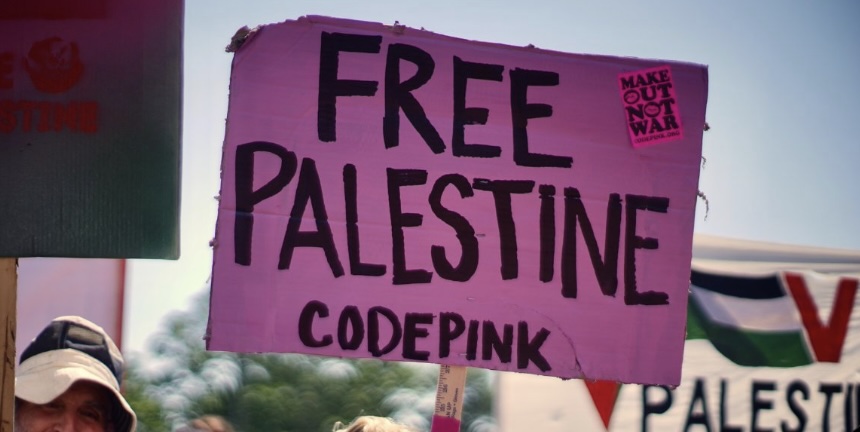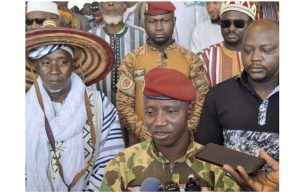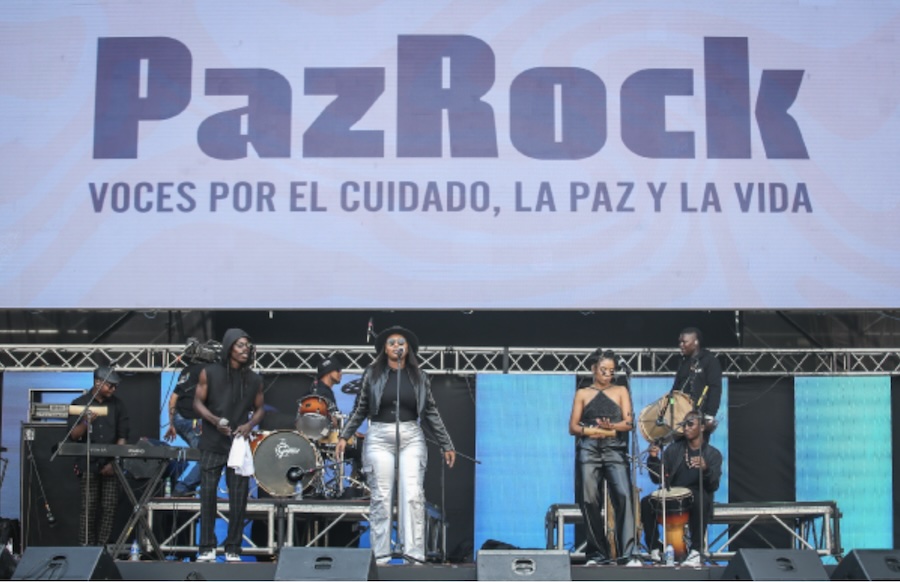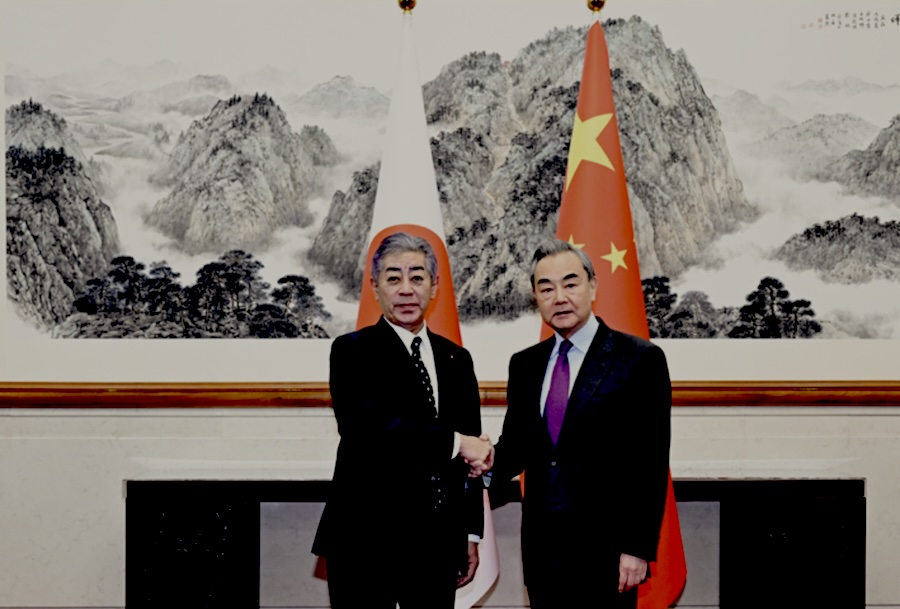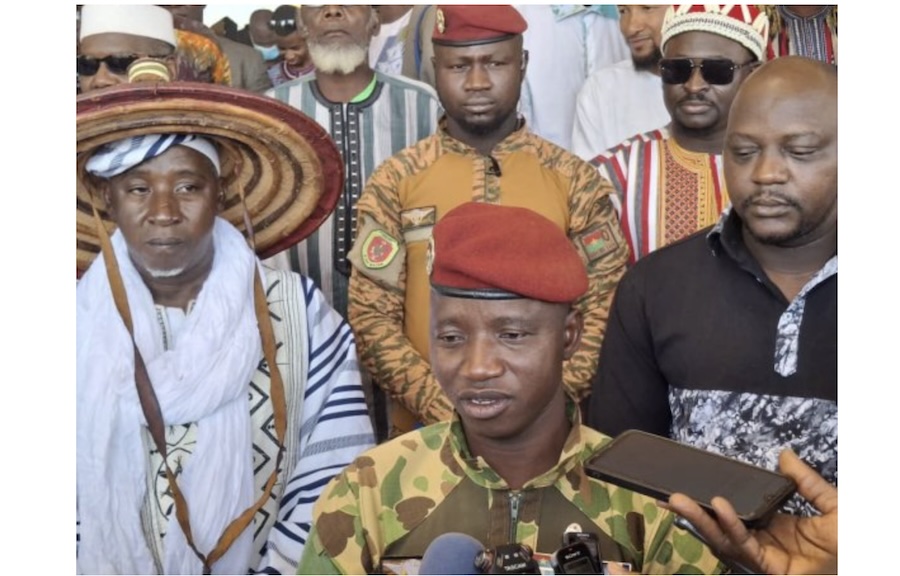. HUMAN RIGHTS .
An article from The Elders
January 24: The Elders warn today that a sustained ceasefire and recovery in Gaza are at risk if Israel ends cooperation with UNRWA on 30 January, in line with the legislation passed by the Israeli Knesset in October.
After fifteen months of war and at least 46,000 Palestinians killed, the massive surge in humanitarian relief and the restoration of essential services that are so urgently needed now rely on UNRWA as the indispensable agency in Gaza.

Photo by Ramzi Mahmud/Anadolu via Getty Images
If implemented, the legislation would prohibit contact between UNRWA and Israeli authorities, ending the de-confliction needed for safe operations in Gaza. It could also end UNRWA’s ability to operate across the Occupied Palestinian Territory.
To do so at the very moment when a ceasefire is opening the way for recovery in Gaza and the welcome release of all Israeli hostages would be morally reprehensible.
UN member states have a duty to defend UNRWA against this serious attack, which violates the UN Charter. A mandate given by the General Assembly, and reaffirmed in the resolution passed on 5 December, cannot be revoked by a national parliament. UNRWA remains essential until there is a just solution for Palestinian refugees, and its functions are transferred to a Palestinian entity as part of a peace settlement.
Member states should impose targeted sanctions if the Israeli government implements the legislation, given it constitutes a clear violation of international law with grave consequences.
We regret that US funding to UNRWA remains suspended, and that Sweden decided to stop funding the agency in December. European and Arab states must stand by their commitments to provide political and financial support to UNRWA at this critical time. UNRWA has been independently investigated and is taking action in light of those investigations to ensure its continuing neutrality.
There is a stark choice ahead: a pathway to peace and mutual security for Israelis and Palestinians, or deepening occupation, annexation and renewed bloodshed.
(article continued in right column)
How can a culture of peace be established in the Middle East?
(article continued from left column)
We welcome the support of President Trump for the ceasefire. We urge him to apply effective pressure on the conflict parties to move towards a peace settlement based on a two-state solution. We also encourage him to reconsider his reversal of US sanctions on extremist Jewish settlers in the West Bank. Provocative settler violence threatens Israel’s security and jeopardises the chance for a real breakthrough following the ceasefire.
Regional stability and prosperity can never be achieved without a just and lasting settlement to the Palestinian question. All parties must comply with their obligations to bring an end to both Israel’s unlawful occupation and attacks on Israeli civilians, and ensure security and self-determination for Palestinians and Israelis alike.
ENDS
Juan Manuel Santos, former President of Colombia, Nobel Peace Laureate and Chair of The Elders
Ban Ki-moon, former UN Secretary-General and Deputy Chair of The Elders
Graça Machel, Founder of the Graça Machel Trust, Co-founder and Deputy Chair of The Elders
Gro Harlem Brundtland, former Prime Minister of Norway and former Director-General of the WHO
Helen Clark, former Prime Minister of New Zealand and former head of the UN Development Programme
Elbegdorj Tsakhia, former President and Prime Minister of Mongolia
Zeid Ra’ad Al Hussein, former UN High Commissioner for Human Rights
Hina Jilani, Advocate of the Supreme Court of Pakistan and co-chair of the Taskforce on Justice
Ellen Johnson Sirleaf, former President of Liberia and Nobel Peace Laureate
Denis Mukwege, physician and human rights advocate, Nobel Peace Laureate
Mary Robinson, former President of Ireland and former UN High Commissioner for Human Rights
Ernesto Zedillo, former President of Mexico
For media inquiries, please contact William French, Head of Communications (+44 7795 693 903) or email: media@theElders.org
– – – – – –
If you wish to make a comment on this article, you may write to coordinator@cpnn-world.org with the title “Comment on (name of article)” and we will put your comment on line. Because of the flood of spam, we have discontinued the direct application of comments.
